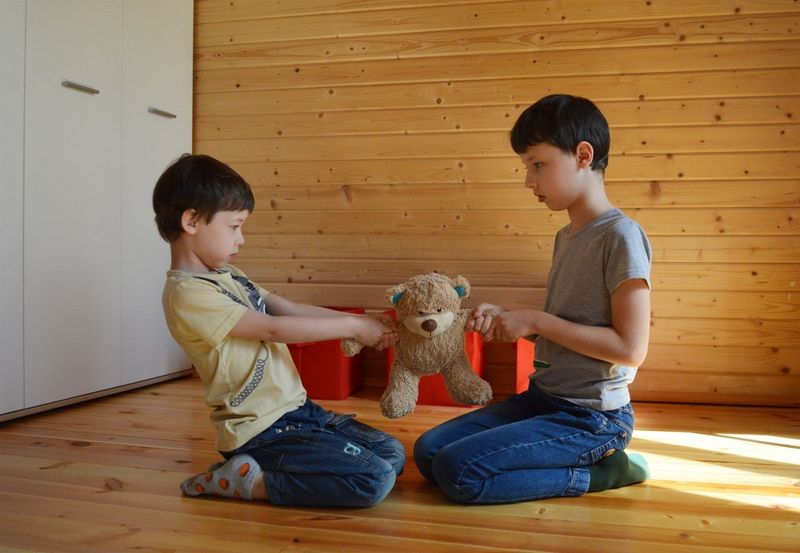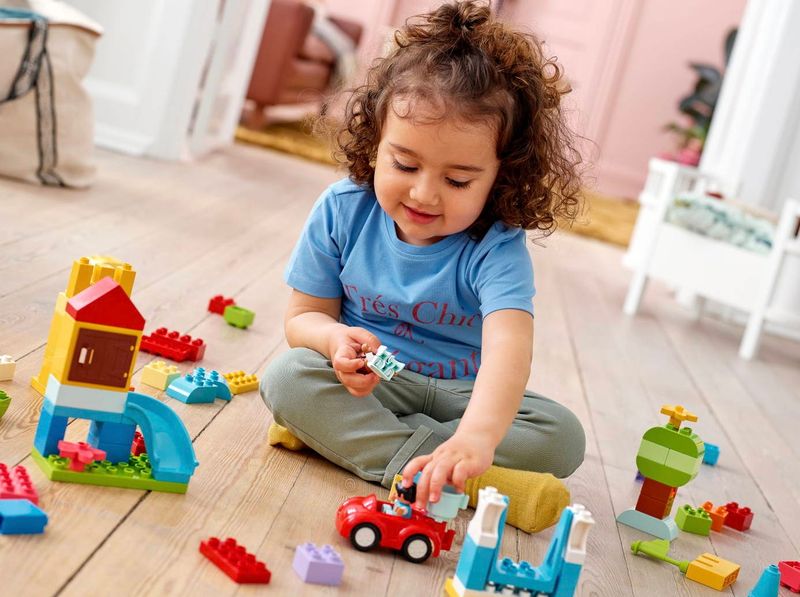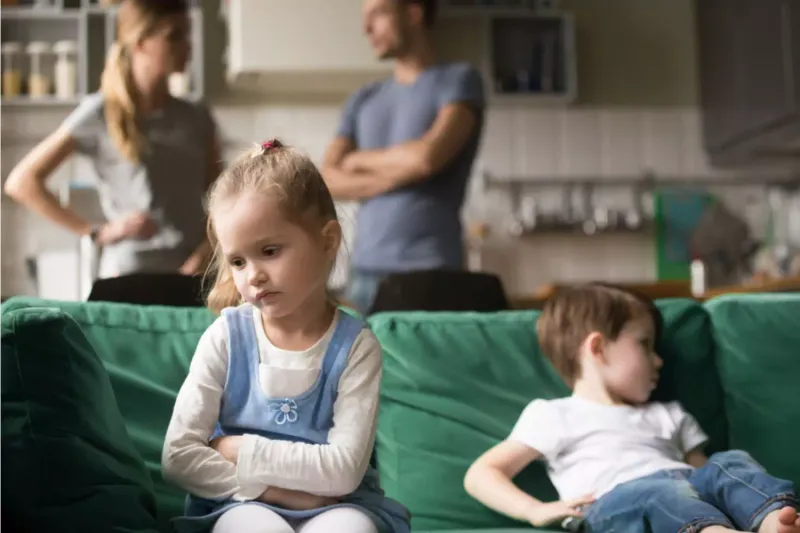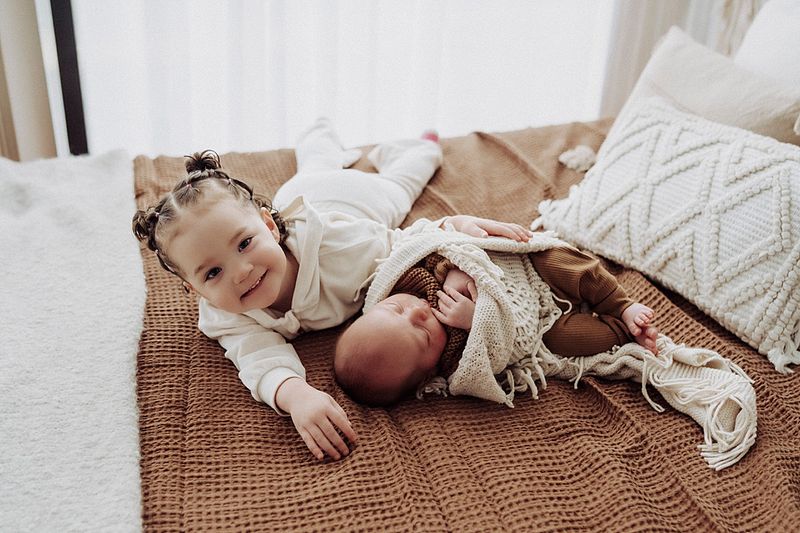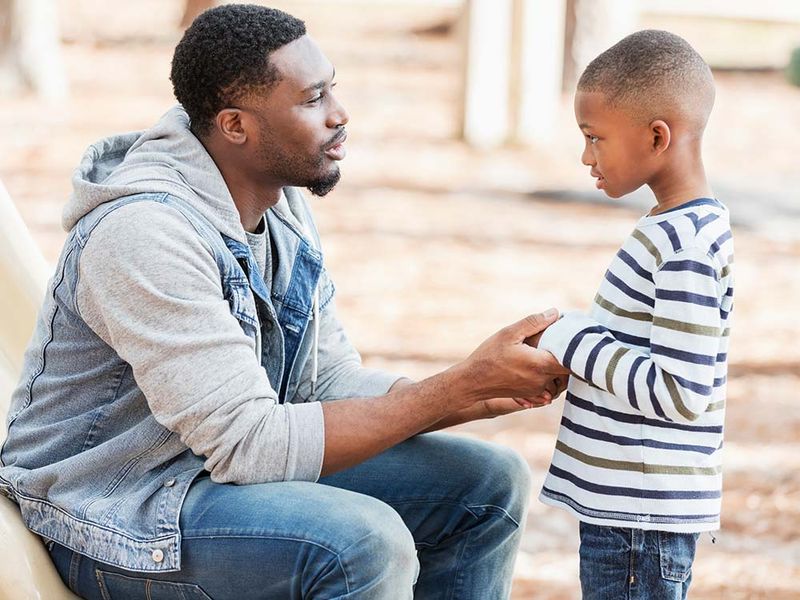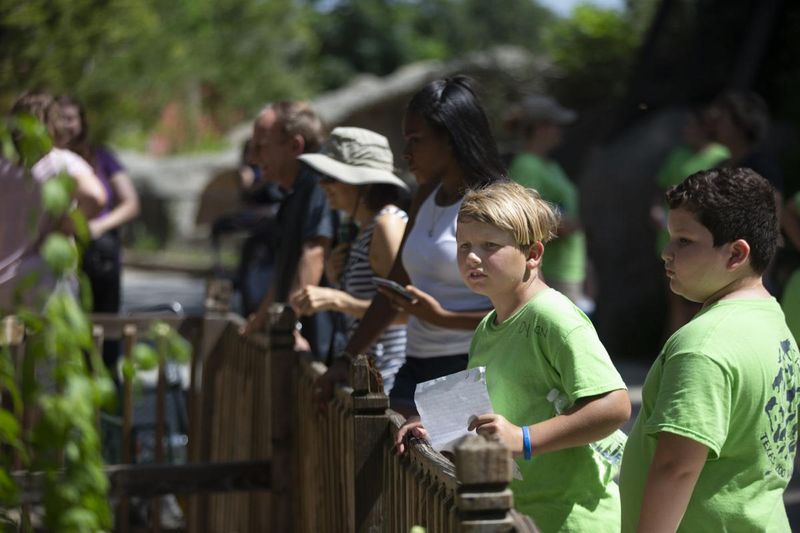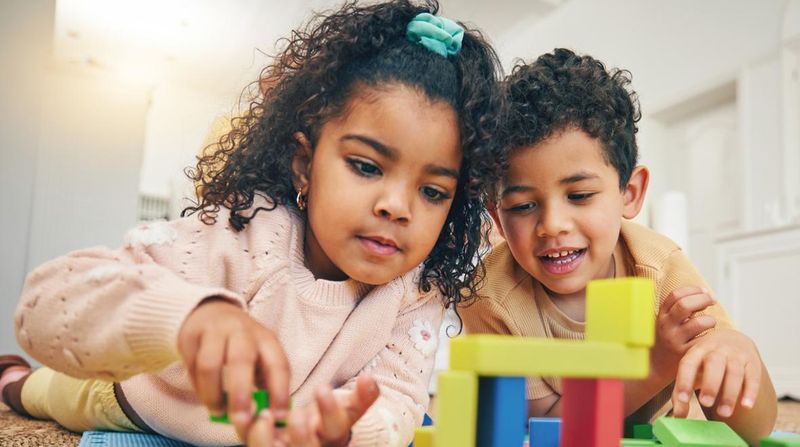You know the soundtrack: screaming, slammed doors, the standoff over who touched whose stuff first. You try to referee but sometimes want to trade your whistle for earplugs. No one told you how much sibling rivalry could chip away at your patience—and sometimes, your confidence as a parent.
But here’s the truth: Nobody’s kids get along all the time. Not even the ones in syrupy Instagram photos. What matters isn’t pretending conflict isn’t happening—it’s building the bones of respect, empathy, and connection, so your kids actually want to come back to each other, even after the fire.
The following sixteen strategies aren’t magic. They’re the hard-won, real-life skills that turn siblings from rivals into something more like teammates—at least, most of the time.
1. Let Kids Write the Rules
I used to think rules should come from the top down. Turns out, they stick better when your kids help make them. Give them the marker and watch how they surprise you: “No name calling, even if you’re mad,” o “Ask before borrowing clothes.”
Letting them write the rules doesn’t mean handing over control—it means showing them their voice matters. I still remember my daughter proudly hanging her list on the fridge, ready to hold herself (and her brother) accountable.
This isn’t about perfection. It’s about ownership. When kids take part in shaping the family code, the rules start feeling less like prison bars and more like a team’s playbook. That’s when you start seeing less resistance and more respect, even during the chaotic moments.
2. Schedule One-on-One Parent Time
I’ll never forget the first time my son told me he hated feeling like he disappeared next to his sister. That hit me hard. So we started what he called “Mom Days”—just the two of us, away from the sibling noise.
It doesn’t have to be fancy. Sometimes it’s a walk, sometimes it’s ice cream after school. But that time, carved out and protected, says: “You matter. I see you as your own person.”
Kids crave proof that they’re more than half a duo. Sibling relationships soften when each child trusts that they’re valued on their own. You’ll notice the shift—jealousy starts to melt when you give them the gift of being seen.
3. Teach The Art of Apology (Not Forced)
“Say you’re sorry” never worked for me growing up. It still doesn’t work for my kids. Forced apologies are just noise—real ones are about understanding and repair, not getting it over with.
Instead, we talk about what happened. I ask, “What do you think your brother felt when you said that?” Sometimes the answer is silence. That’s okay. The point isn’t to script the perfect words but to help them see the moment through someone else’s eyes.
When apologies come from genuine understanding, walls start coming down. That’s growth.
4. Spotlight Their Differences (In a Good Way)
It’s tempting to wish your kids were carbon copies. Life would be quieter, maybe. But the real gold is in their quirks—their weird obsessions, their talents that have nothing to do with each other.
I try to call it out in front of them: “Your drawing made me laugh,” o “Your Lego tower looks like a real city.” No comparisons. Just simple recognition.
You’re not building rivalry by focusing on what sets them apart. You’re letting each kid know it’s okay to shine their own way. The more they feel secure in who they are, the less they’ll fight for scraps of attention.
5. Create Teamwork Rituals
Some families do Sunday night pizza, others plant a garden together. Ours? We have the epic blanket fort build, surviving (barely) with teamwork and duct tape.
Finding rituals that demand cooperation—where the goal is shared and the outcome only matters if everyone participates—shifts the dynamic. Suddenly, it’s not about winning or losing. It’s about what you can only do together.
When kids see that their unique skills add up to something bigger, they start to look at each other differently. Not as competition, but as co-conspirators. It’s impossible to hold a grudge while trying to keep the roof from caving in.
6. Step Back During Arguments (But Stay Close)
I used to jump in at the first sound of shouting. It made me feel useful, but honestly, it just made the fights louder. Now, I hover—close enough to step in if things get ugly, but far enough to give them space to try.
It’s hard to watch your kids struggle. But if you never let them wrestle with conflict, they never practice solving it.
Sometimes, all they need is a little space to work out their own solutions. I only step in if things get physical or cruel. Otherwise, I let them learn that fighting doesn’t always need a referee.
7. Praise the Little Kindnesses
You know what nobody remembers? The exact words of praise from a school assembly. What sticks, though, are the small, quiet moments when someone notices you being decent.
I started pointing out small kindnesses: a shared cookie, a gentle nudge to make room, a word of encouragement on a tough day. I keep it specific and light.
When you name the good stuff, it multiplies. Kids start to look for ways to get that kind of attention again. The best part? They begin to see each other not as annoyances, but as allies, even just for a second.
8. Name Emotions Out Loud
My son used to yell instead of asking for what he needed. My daughter would shut down. Both of them were drowning in feelings they couldn’t name.
So I started saying it out loud. “You look angry your sister took your book. You seem sad because he didn’t listen.” Sometimes they rolled their eyes. That’s normal.
Naming emotions makes them less scary. It gives kids language to use instead of fists or slamming doors. The more you name their feelings (without fixing), the more likely they are to try it themselves. It’s messy, but it’s worth it.
9. Let Them Solve Boredom Together
If I had a dollar for every “I’m bored!” complaint, I’d be sipping margaritas on a beach. Instead, I learned to toss the problem back to them. No, I don’t play cruise director.
Give them a pile of board games or craft supplies and tell them to figure it out. The first ten minutes? Pure chaos. But then, something shifts. They compromise, invent their own games, or even agree to disagree (miracles do happen).
Letting them figure out fun on their own teaches creative problem-solving and teamwork. Sure, there are arguments, but also inside jokes and wild ideas you’d never dream up yourself.
10. Stay Out of Comparisons (Even in Your Head)
I used to wonder why my kids weren’t more alike. That thought sneaks up on you—why can’t she be more social, like her brother? The truth is, comparing undermines both kids silently, even if you never say it out loud.
I had to train myself to celebrate each kid’s weird and wonderful strengths. The point isn’t to distribute love equally, but to offer it specifically.
Kids know when you’re keeping score. Instead, notice what makes each of them tick. If you ever slip up and say the wrong thing, own it. Apologize. The goal is connection, not competition.
11. Give Them Shared Responsibility
Nothing brings people together like a shared mission. Our kids used to groan about chores—until we paired them up and made the task theirs alone. Suddenly, it’s not just about getting it done. It’s about not letting each other down.
They argue, sure. But I hear them joke more too, plotting the fastest way to finish or making up silly songs as they go. Shared responsibility means shared victories—and shared complaints, which can be almost as good.
When siblings know they’re in it together, they start to see each other as teammates, not just rivals. Small wins can build surprisingly strong bridges.
12. Make Space for Alone Time
There’s a myth that siblings should want to be together all the time. If I had a dollar for every guilt trip I gave myself when my kids wanted space, I’d be rich. Alone time isn’t a sign of brokenness—it’s how we recharge.
I started protecting their solo moments, even if it meant a shut door or a “do not disturb” sign taped to the wall. The fights got less frequent. The reunions, sweeter.
When you let your kids carve out alone time is like giving them oxygen. They come back less prickly, more open, and (sometimes) even ready to share a laugh again.
13. Model What You Want to See
I can tell my kids to speak kindly till I’m blue in the face. But the moment they see me lose my cool? That’s the lesson that sticks. Kids watch your every move—especially when you think they’re not looking.
So I started showing what listening looks like: eye contact, nodding, repeating back what I heard. When I mess up, I own it. “I shouldn’t have snapped; let’s try that again.”
Modeling isn’t about being perfect. It’s about showing what repair, patience, and real empathy look like in action. You set the tone for what’s normal—one dinner table disagreement at a time.
14. Encourage Honest Conversations About Jealousy
Jealousy is the monster nobody wants to name. My daughter once whispered, “I hate when he gets all the attention.” I resisted the urge to fix it. I just listened.
Letting kids name jealousy openly, without shame, turns it from a hidden weapon into a problem you can solve together. Maybe it means more one-on-one time, or a chance to take turns being in the spotlight. Sometimes it just means hearing, “Yeah, that’s really tough.”
When jealousy comes out of the shadows, it loses its grip. Siblings can turn toward each other, rather than away, knowing that their feelings are safe to share.
15. Celebrate Shared Wins, Big and Small
Nothing knits people together faster than a win you earned side-by-side. In our house, even tiny victories—like finishing a puzzle or surviving a family hike—get a mini celebration.
I make a point to call out what they accomplished together, not just who scored highest or finished first. A shared win becomes a story they tell later: “Remember when we built that fort?”
Big or small, collective victories give siblings a reason to root for each other. The more you celebrate those moments, the more likely they’ll seek them out on purpose. Cheer loud, even if it’s just for finding everyone’s shoes.
16. Normalize Messy Relationships
Okay, this is something we all agree on: the people who drive you the craziest are the ones you love most. That’s not failure—it’s real life. My kids needed to hear that fighting doesn’t mean something’s broken; it means you care enough to be honest.
We talk about how relationships are messy—even the best ones. I tell them about the time my sister and I didn’t speak for two weeks, and still found our way back.
When you stop expecting perfection, the pressure eases. Siblings learn that the real goal isn’t to avoid conflict, but to get better at coming back together, again and again.




